

Articles
What Is A Showerhead Filter
Modified: December 7, 2023
Learn all about showerhead filters in this informative article. Discover the benefits of using a showerhead filter and how it can improve your overall shower experience.
(Many of the links in this article redirect to a specific reviewed product. Your purchase of these products through affiliate links helps to generate commission for Storables.com, at no extra cost. Learn more)
Introduction
Have you ever wondered about the quality of the water you shower in? While most people focus on the cleanliness and temperature of the water, they often overlook the potential contaminants and chemicals that can be present in it. This is where a showerhead filter comes into play.
A showerhead filter is a device that is attached to your showerhead to filter out impurities, such as chlorine, heavy metals, and bacteria, from the water. It aims to provide you with cleaner and healthier water for your daily showers.
In this article, we will explore how showerhead filters work, the benefits of using them, the different types available, factors to consider when choosing one, installation and maintenance tips, as well as their possible drawbacks. By the end, you will have a comprehensive understanding of showerhead filters and be better equipped to make an informed decision for your home.
Key Takeaways:
- Showerhead filters improve water quality by removing impurities, benefiting skin, hair, and respiratory health. Consider factors like water quality, filter lifespan, and installation ease when choosing a filter.
- While showerhead filters offer benefits like cleaner water and longer-lasting shower accessories, they may also have drawbacks such as reduced water pressure and ongoing maintenance costs. Consider these factors before investing in a filter.
Read more: Where To Buy Filtered Showerhead
How Does a Showerhead Filter Work?
A showerhead filter is designed to remove various impurities and contaminants from the water before it reaches your body. The specific filtration process may vary depending on the type and brand of the filter, but the basic principle remains the same.
Most showerhead filters use a combination of physical and chemical filtration methods to purify the water. Here’s a breakdown of how these filters work:
- Physical Filtration: This process involves passing the water through a physical barrier, typically made of materials like activated carbon, ceramic, or KDF (Kinetic Degradation Fluxion). These materials have microscopic pores that can trap and remove sediments, rust, chlorine, and other larger impurities.
- Chemical Filtration: In addition to physical filtration, showerhead filters may employ chemical processes to neutralize or reduce harmful substances in the water. For example, activated carbon can effectively remove chlorine and its byproducts, which can cause dry skin and hair. Some filters also utilize KDF, which can help remove heavy metals by transforming them into less harmful forms.
- Bacterial Filtration: Some advanced showerhead filters may incorporate antibacterial agents or UV light to combat bacteria, fungi, and other microorganisms that can be present in the water. This helps ensure that you are showering with water that is free from harmful pathogens.
By combining these filtration methods, showerhead filters can effectively reduce the concentration of impurities in the water, resulting in cleaner and healthier showers. It is important to note that while showerhead filters can improve water quality, they may not eliminate all contaminants entirely. Regular replacement and maintenance of the filters are necessary for optimal performance.
Benefits of Using a Showerhead Filter
Using a showerhead filter offers a range of benefits that go beyond just providing clean water for your showers. Here are some of the key advantages of using a showerhead filter:
- Removal of Chemicals: One of the primary benefits of using a showerhead filter is the removal of chemicals, such as chlorine, from the water. Chlorine is often added to municipal water supplies to kill bacteria, but it can have negative effects on your skin and hair. A showerhead filter can reduce chlorine levels, leading to softer and less dry skin, as well as healthier, shinier hair.
- Reduction of Harmful Substances: Showerhead filters can also help reduce the presence of other harmful substances in the water, such as heavy metals like lead and mercury. These substances can have detrimental effects on your health when absorbed through the skin or inhaled as steam during a hot shower. By removing or reducing their concentration, a showerhead filter contributes to a healthier bathing experience.
- Improved Respiratory Health: By filtering out impurities, a showerhead filter can help to improve respiratory health. When you shower, steam is created, which can carry bacteria, mold, and other allergens. Breathing in these contaminants can exacerbate respiratory conditions like asthma or allergies. With a showerhead filter, you can minimize your exposure to these potential triggers and breathe cleaner air while showering.
- Skin and Hair Benefits: The removal of chemicals and impurities from the water can have noticeable effects on your skin and hair. Many people report that using a showerhead filter helps to alleviate dryness, itching, and irritation on the skin. It can also prevent the stripping of natural oils, leaving the skin feeling more moisturized and balanced. Similarly, filtered water can improve the appearance and texture of your hair, making it softer and more manageable.
- Longer Lasting Shower Accessories: Water containing high levels of minerals, like calcium and magnesium, can cause limescale buildup on showerheads, faucets, and other fixtures. This buildup can lead to reduced water flow and decreased efficiency of your shower accessories. By using a showerhead filter to remove these minerals, you can help prolong the lifespan and performance of your shower fixtures.
- Environmentally Friendly: Using a showerhead filter can also contribute to a more sustainable lifestyle. With cleaner water, you may find that you need to use fewer soaps, shampoos, and other bathing products to achieve the desired cleanliness. This reduction in product usage not only saves you money but also helps to reduce the amount of chemicals and plastics entering the environment.
Overall, using a showerhead filter not only improves the quality of your showers but also promotes better skin and hair health, enhances respiratory well-being, and contributes to a more sustainable lifestyle. It’s a small investment that can have significant positive impacts on your daily bathing experience and overall well-being.
Common Types of Showerhead Filters
When it comes to showerhead filters, there are several types available on the market. Each type has its own unique features and filtration methods. Here are some of the most common types of showerhead filters:
- Activated Carbon Filters: Activated carbon filters are one of the most popular types of showerhead filters. They use activated carbon, also known as activated charcoal, to absorb impurities and chemicals from the water. These filters are effective in removing chlorine, sediment, and odors, resulting in cleaner and fresher-smelling water.
- KDF Filters: KDF (Kinetic Degradation Fluxion) filters are another commonly used type of showerhead filter. They use a combination of copper and zinc alloy to remove chlorine, heavy metals, and other contaminants from the water. KDF filters also have antibacterial properties, preventing the growth of bacteria and algae in the filter.
- Vitamin C Filters: Vitamin C filters use a specially formulated filter containing ascorbic acid, also known as Vitamin C, to neutralize chlorine in the water. These filters are particularly beneficial for individuals with sensitive skin or allergies, as Vitamin C has soothing properties that can help reduce skin irritation and dryness. In addition to chlorine removal, some Vitamin C filters also claim to offer antioxidant benefits.
- Ceramic Filters: Ceramic filters are known for their long-lasting durability. They feature a ceramic cartridge that is capable of removing small sediment particles, rust, bacteria, and other impurities from the water. Ceramic filters are often combined with other filtration methods, such as activated carbon, for enhanced purification.
- UV Filters: UV (Ultraviolet) filters utilize ultraviolet light technology to kill bacteria, viruses, and other microorganisms in the water. These filters are highly effective in providing disinfection and can help ensure that the water is free from harmful pathogens. UV filters are often used in combination with other filtration methods to provide comprehensive purification.
It’s important to note that the effectiveness of a showerhead filter may vary depending on the quality of the filtration media used and the flow rate of your shower. It is recommended to choose a filter that suits your specific water quality needs and meets the flow requirements of your shower.
Before purchasing a showerhead filter, consider factors such as filter lifespan, ease of installation, and compatibility with your existing showerhead. Reading customer reviews and checking for certifications or third-party testing can also help ensure that you select a high-quality and reliable showerhead filter for your home.
When choosing a showerhead filter, look for one that is easy to install and compatible with your existing showerhead. It should also effectively remove chlorine, heavy metals, and other impurities from the water for a cleaner and healthier shower experience.
Factors to Consider When Choosing a Showerhead Filter
When selecting a showerhead filter, it’s important to consider various factors to ensure that you choose the right one for your specific needs. Here are some key factors to consider when making your decision:
- Water Quality: Start by assessing the quality of your water. Is it mainly a problem of chlorine, heavy metals, sediment, or a combination of contaminants? Understanding the specific impurities you want to target will help you determine the most suitable type of filter for your needs.
- Filtration Capacity: Check the filtration capacity of the filter. This refers to how effectively the filter can remove impurities from the water. Look for filters with a high filtration percentage or those that have been third-party tested to ensure they meet the claimed filtration standards.
- Filter Lifespan: Consider the lifespan of the filter cartridge. Different filters will have different longevity, with some needing replacement every few months and others lasting up to a year. Make sure to factor in the cost and frequency of replacement cartridges when considering the long-term maintenance of the filter.
- Flow Rate: Check the flow rate of the filter. It’s important to choose a filter that maintains adequate water pressure and doesn’t significantly reduce the water flow. Look for filters that provide a balance between effective filtration and a satisfying shower experience.
- Installation: Consider the ease of installation. Most showerhead filters are designed to be easy to install without the need for professional assistance. Look for filters that come with clear instructions and the necessary mounting hardware.
- Compatibility: Ensure that the filter you choose is compatible with your existing showerhead or can be easily adapted to fit your shower setup. Some filters are designed to work with specific types of showerheads, so double-check compatibility before making a purchase.
- Certifications and Reviews: Look for filters that have certifications or have been tested by independent organizations. Certifications from reputable institutions, such as the NSF (National Sanitation Foundation), can provide assurance of quality and performance. Additionally, read customer reviews and consider the experiences of others who have used the filter to get a better understanding of its effectiveness.
- Budget: Finally, consider your budget. Showerhead filters are available in a range of prices, so determine how much you are willing to invest in a filter that meets your needs. Remember to factor in the cost of replacement cartridges or filter media when considering the overall cost.
By considering these factors, you can make an informed decision and choose a showerhead filter that effectively addresses your water quality concerns while also fitting your budget and installation requirements. It’s important to find a balance between filtration efficiency and a satisfactory shower experience to ensure the best results.
Read also: 13 Amazing Filtered Showerhead for 2024
Installation and Maintenance of Showerhead Filters
Installing and maintaining a showerhead filter is a relatively simple process. Here are some guidelines to ensure smooth installation and proper maintenance:
Installation:
- Start by removing your existing showerhead. Use an adjustable wrench or pliers to unscrew it from the shower arm. Be careful not to damage the shower arm during this step.
- Clean the shower arm threads by wiping them with a cloth to remove any dirt or debris that may interfere with the installation of the showerhead filter.
- Take your showerhead filter and apply plumber’s tape (also known as Teflon tape) to the threads. This will create a tight seal between the filter and the shower arm, preventing any leaks.
- Screw the showerhead filter onto the shower arm tightly but be cautious not to overtighten it. You can use an adjustable wrench or pliers to ensure a secure fit, but be mindful not to damage the filter or the shower arm.
- Once the filter is securely in place, attach your showerhead to the filter. Again, use an adjustable wrench or pliers to tighten it, ensuring a leak-free connection.
- Turn on the water and check for any leaks. If you notice leaks, try tightening the connections slightly. If the leaks persist, disassemble the filter and reapply plumber’s tape before reattaching it.
- Finally, adjust the desired water flow and temperature using the controls on your showerhead and enjoy your filtered showers!
Maintenance:
- Regularly check the condition of your showerhead filter. Inspect it for any signs of wear or damage that may affect its performance. If you notice any cracks, leaks, or clogs, it may be time to replace the filter or the filter cartridge, depending on the type of filter you have.
- Follow the manufacturer’s guidelines regarding the replacement schedule of the filter cartridge. Most filters have a specific lifespan or usage limit, after which they may become less effective in filtering out impurities. Replace the cartridge accordingly to maintain optimal filtration.
- If your showerhead filter is equipped with a replaceable filter cartridge, make sure to purchase compatible replacement cartridges from the same brand or manufacturer. Using the wrong cartridge may result in reduced filtration efficiency or potential damage to the filter.
- Periodically clean the filter to remove any sediment or debris that may accumulate over time. Detach the filter from the shower arm and rinse it thoroughly under running water. Use a soft brush or toothbrush to gently scrub away any stubborn residue.
- For filters with activated carbon or KDF media, follow the manufacturer’s guidelines on any specific cleaning or maintenance procedures. Some filters may require soaking the cartridge in a vinegar solution or other cleaning agents to restore their effectiveness.
By following these installation and maintenance tips, you can ensure that your showerhead filter continues to function optimally, providing you with clean and filtered water for a refreshing shower experience.
Possible Drawbacks of Using Showerhead Filters
While showerhead filters offer numerous benefits, it is important to be aware of potential drawbacks as well. Here are some possible drawbacks to consider when using a showerhead filter:
- Reduced Water Pressure: Depending on the type and quality of the filter, there is a possibility of reduced water pressure. Filters with tightly packed filtration media or filters that need frequent cartridge replacements may impede the flow of water. It’s important to choose a filter that maintains a good balance between filtration efficiency and water pressure.
- Regular Maintenance: Showerhead filters require regular maintenance to ensure optimal performance. This includes replacing filter cartridges, cleaning the filter, and periodically inspecting for any signs of wear or damage. If proper maintenance is not performed, the filter may become less effective in reducing impurities, leading to a compromised filtration performance.
- Limited Filtration Capability: While showerhead filters can effectively remove many impurities, they may not eliminate all contaminants entirely. Some filters are more effective at removing certain substances, such as chlorine or heavy metals, than others. It is essential to choose a filter that targets the specific impurities you are concerned about and meets your water quality needs.
- Filter Longevity and Cost: The lifespan of a showerhead filter cartridge can vary depending on the brand and usage. Cartridges may need to be replaced every few months or annually, depending on the filtration capacity and water quality. The cost of replacement cartridges should also be factored into the long-term maintenance budget.
- Compatibility Issues: Some showerhead filters may have compatibility issues with certain showerheads or shower setups. It’s important to ensure that the filter you choose is compatible with your existing showerhead or can be easily adapted to fit your specific configuration. Checking customer reviews and product specifications can help determine compatibility.
- Initial Installation: While most showerhead filters are designed for easy installation, some individuals may find the initial installation process challenging. If you are not comfortable with DIY projects, you may need to seek professional assistance for proper installation.
- Ongoing Costs: In addition to the initial cost of the showerhead filter, there may be ongoing expenses for replacement cartridges or filter media. These costs should be taken into account when considering the overall value of using a showerhead filter.
Despite these potential drawbacks, many people find the benefits of using a showerhead filter to outweigh the disadvantages. It’s important to understand these limitations and choose a filter that aligns with your priorities and specific water quality concerns.
Overall, by considering the pros and cons, selecting the right showerhead filter, performing regular maintenance, and ensuring proper installation, you can enjoy the advantages of cleaner and healthier water for your showers.
Conclusion
In conclusion, a showerhead filter can significantly improve the quality of your daily showers by removing impurities and contaminants from the water. By using a combination of physical and chemical filtration methods, showerhead filters effectively reduce the presence of chlorine, heavy metals, bacteria, and other harmful substances.
The benefits of using a showerhead filter are numerous. They include the removal of chemicals that can cause dry skin and hair, reduction of harmful substances that can impact your health, improved respiratory health, and overall enhancement of your skin and hair’s appearance. Additionally, showerhead filters can help prolong the lifespan of your shower accessories and contribute to a more environmentally friendly lifestyle.
When choosing a showerhead filter, consider factors such as water quality, filtration capacity, filter lifespan, flow rate, ease of installation, compatibility, certifications, and budget. By taking these factors into account, you can find a filter that meets your specific needs and provides optimal filtration for your water.
Remember to perform regular maintenance on your showerhead filter, including replacing filter cartridges, cleaning the filter, and inspecting for any signs of wear or damage. This will help ensure that your filter continues to function effectively and provide you with clean water for your showers.
While there are possible drawbacks to using showerhead filters, such as reduced water pressure, regular maintenance, limited filtration capability, and ongoing costs, the benefits they offer generally outweigh these disadvantages for most users. By understanding and addressing these drawbacks, you can make an informed decision about incorporating a showerhead filter into your daily routine.
Ultimately, by investing in a high-quality showerhead filter and following proper installation and maintenance practices, you can enjoy cleaner and healthier showers, leading to improved well-being and a more enjoyable bathing experience.
Frequently Asked Questions about What Is A Showerhead Filter
Was this page helpful?
At Storables.com, we guarantee accurate and reliable information. Our content, validated by Expert Board Contributors, is crafted following stringent Editorial Policies. We're committed to providing you with well-researched, expert-backed insights for all your informational needs.
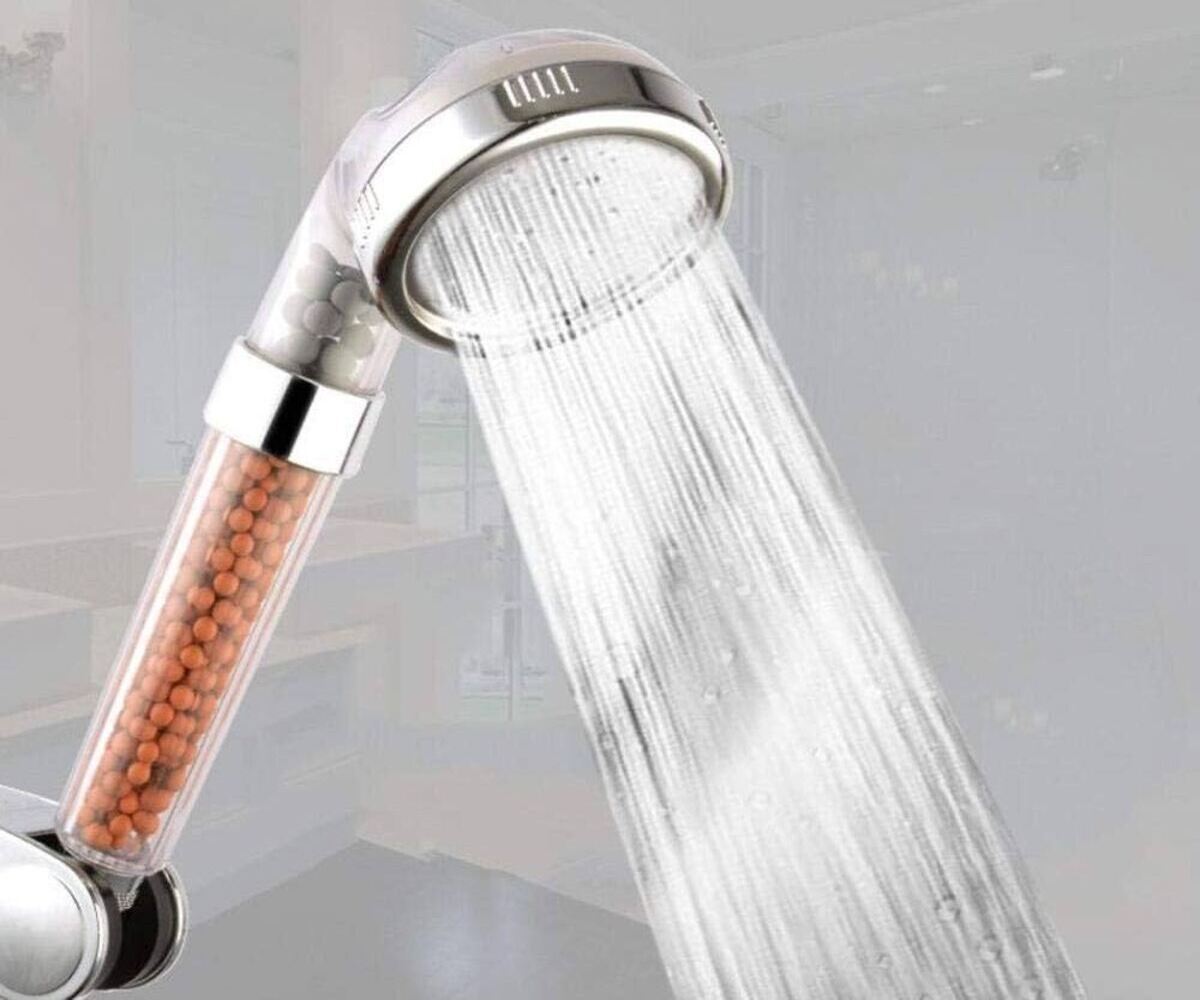
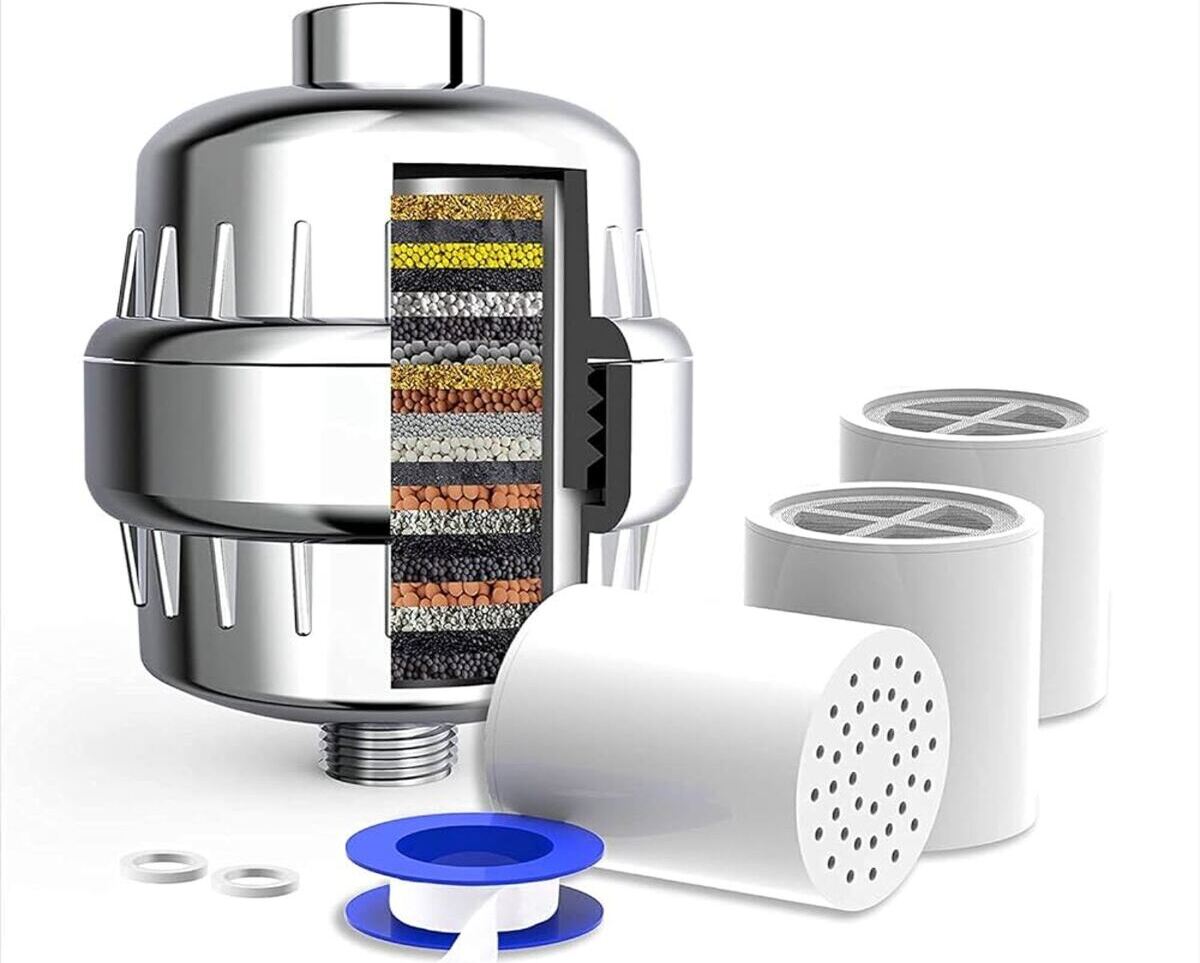
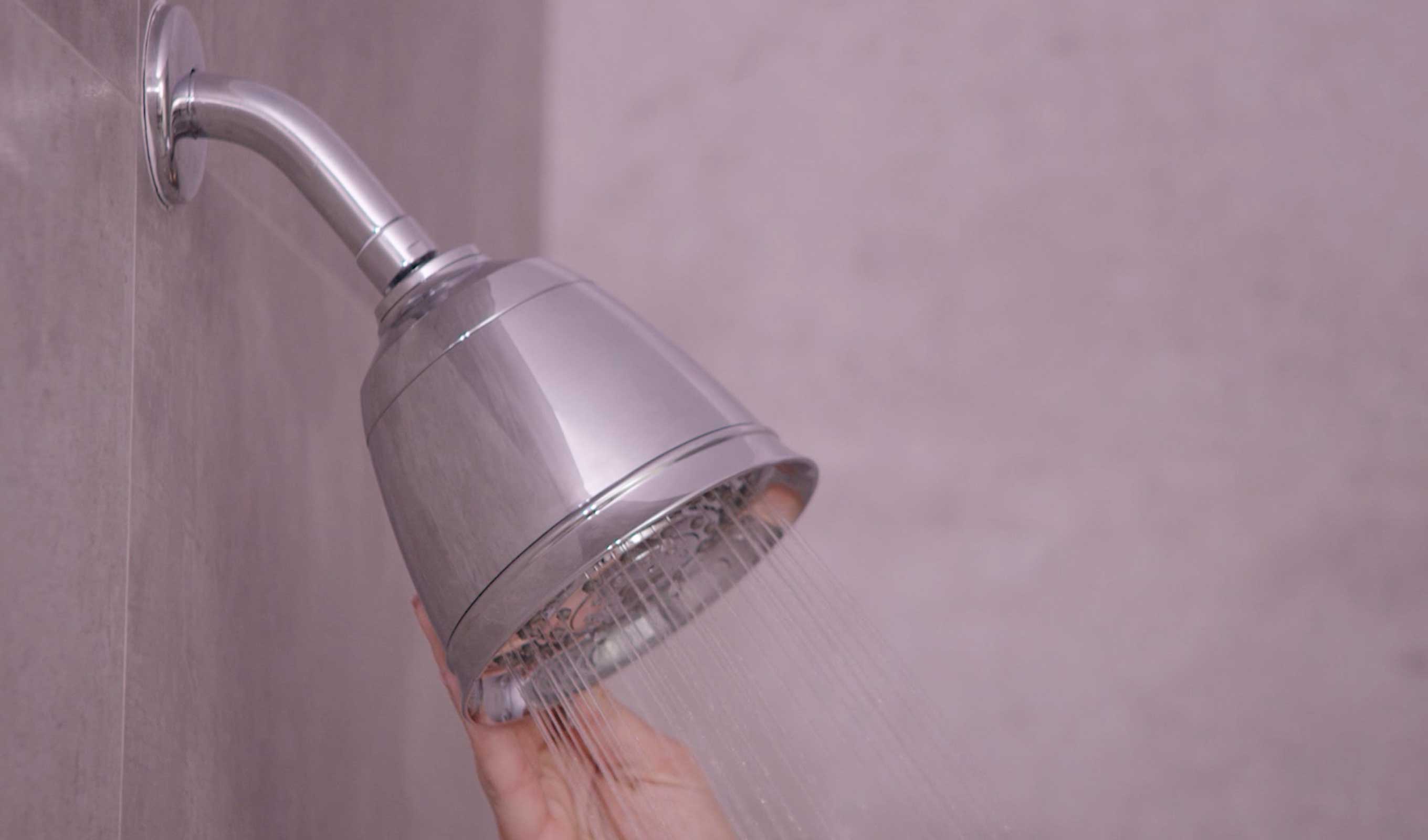
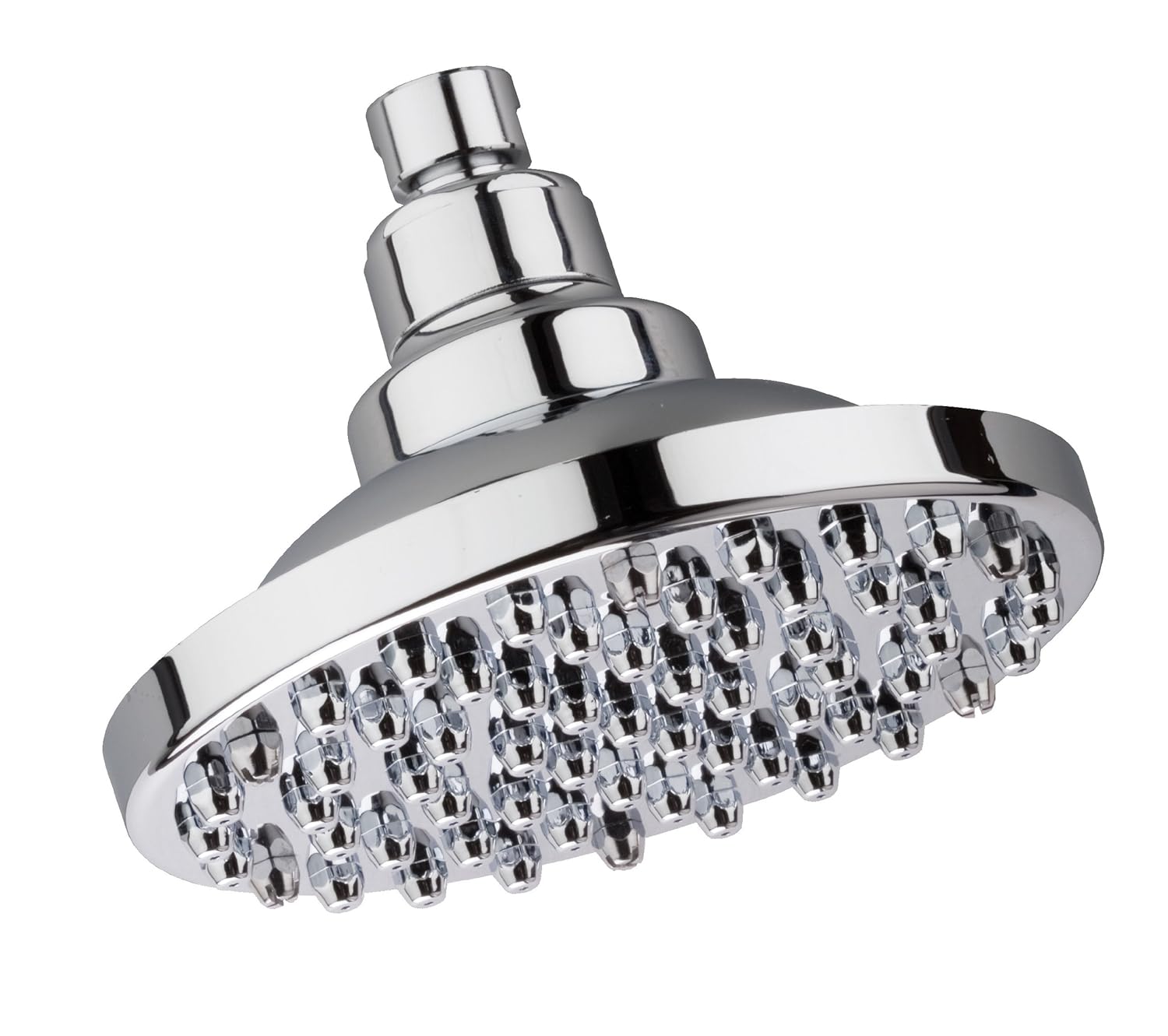
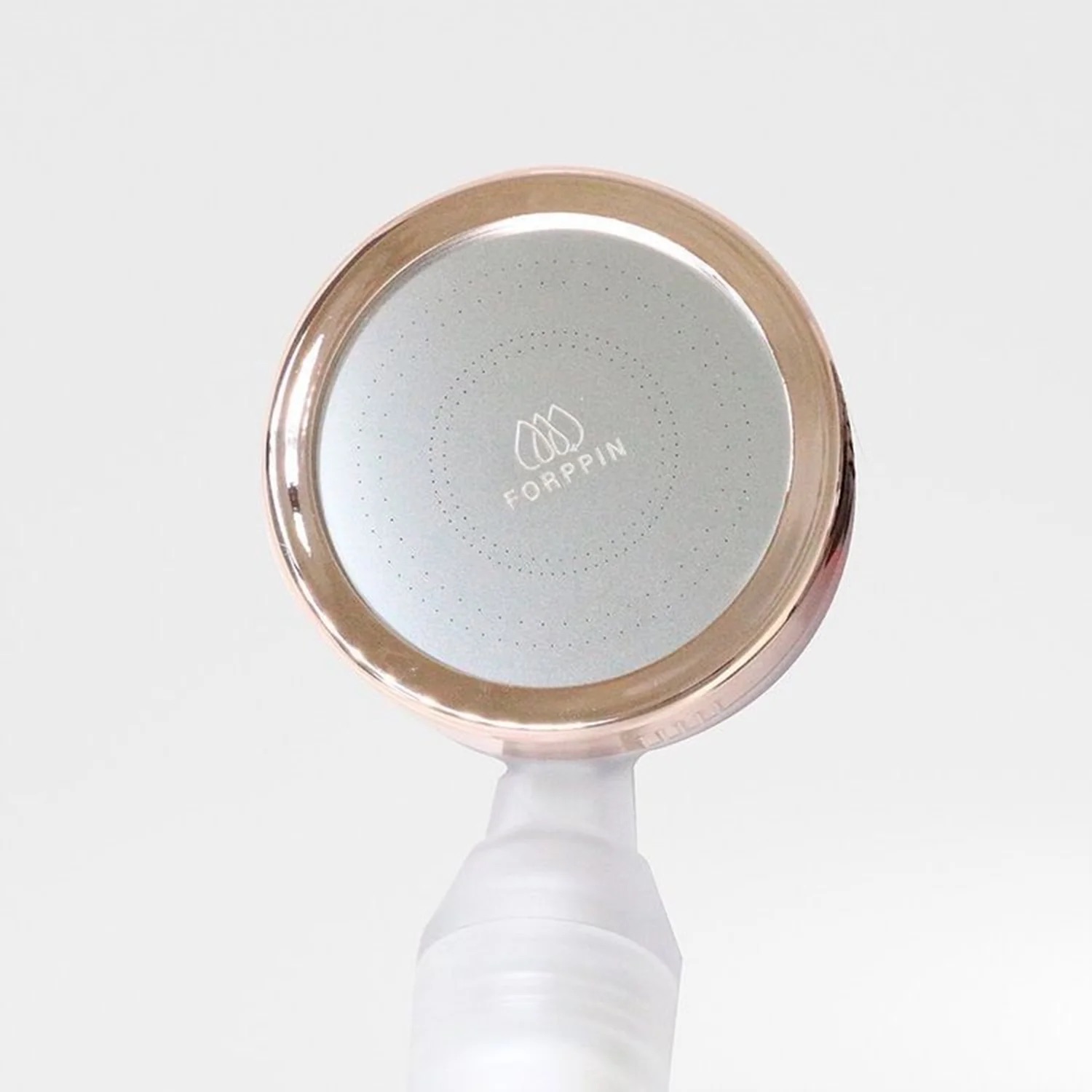
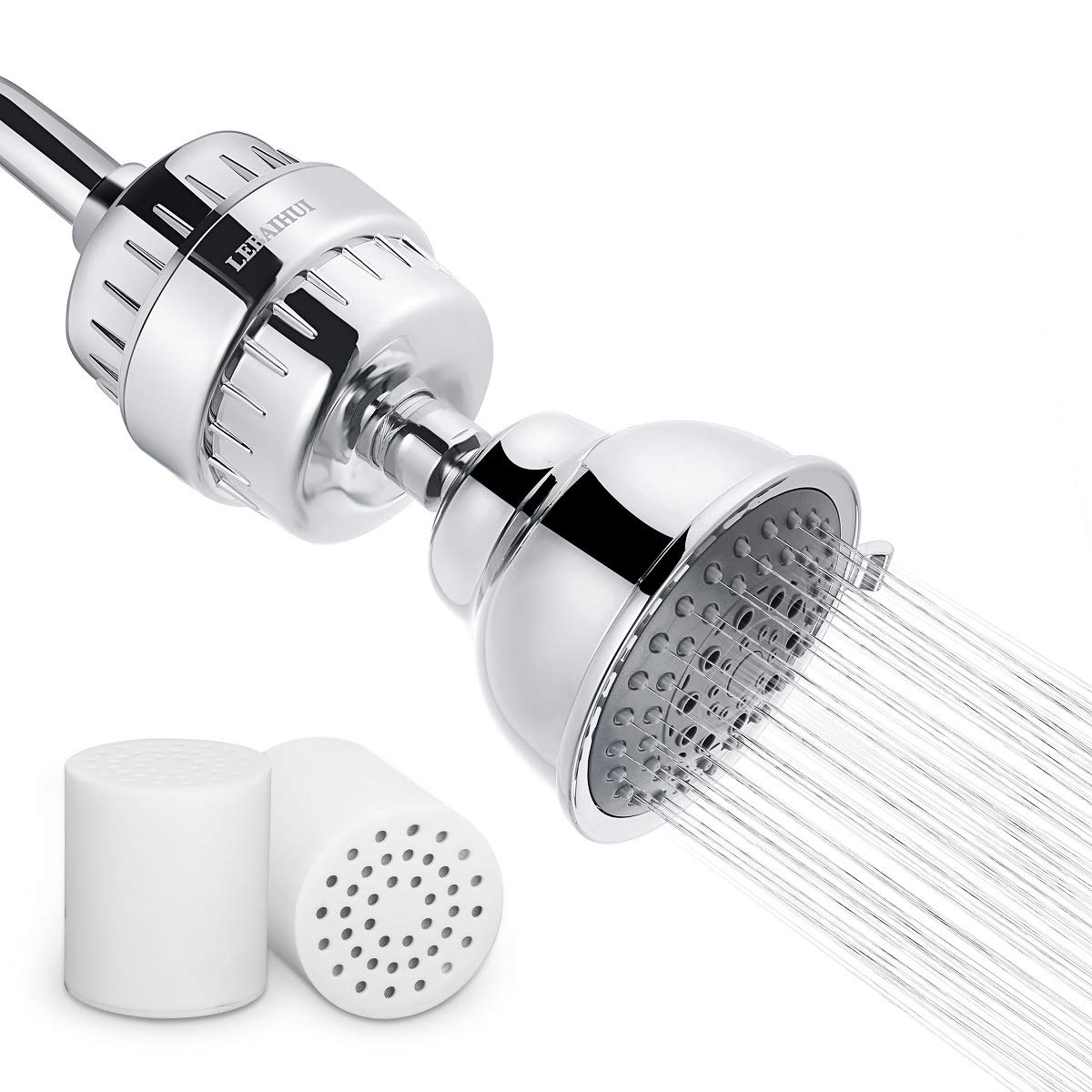
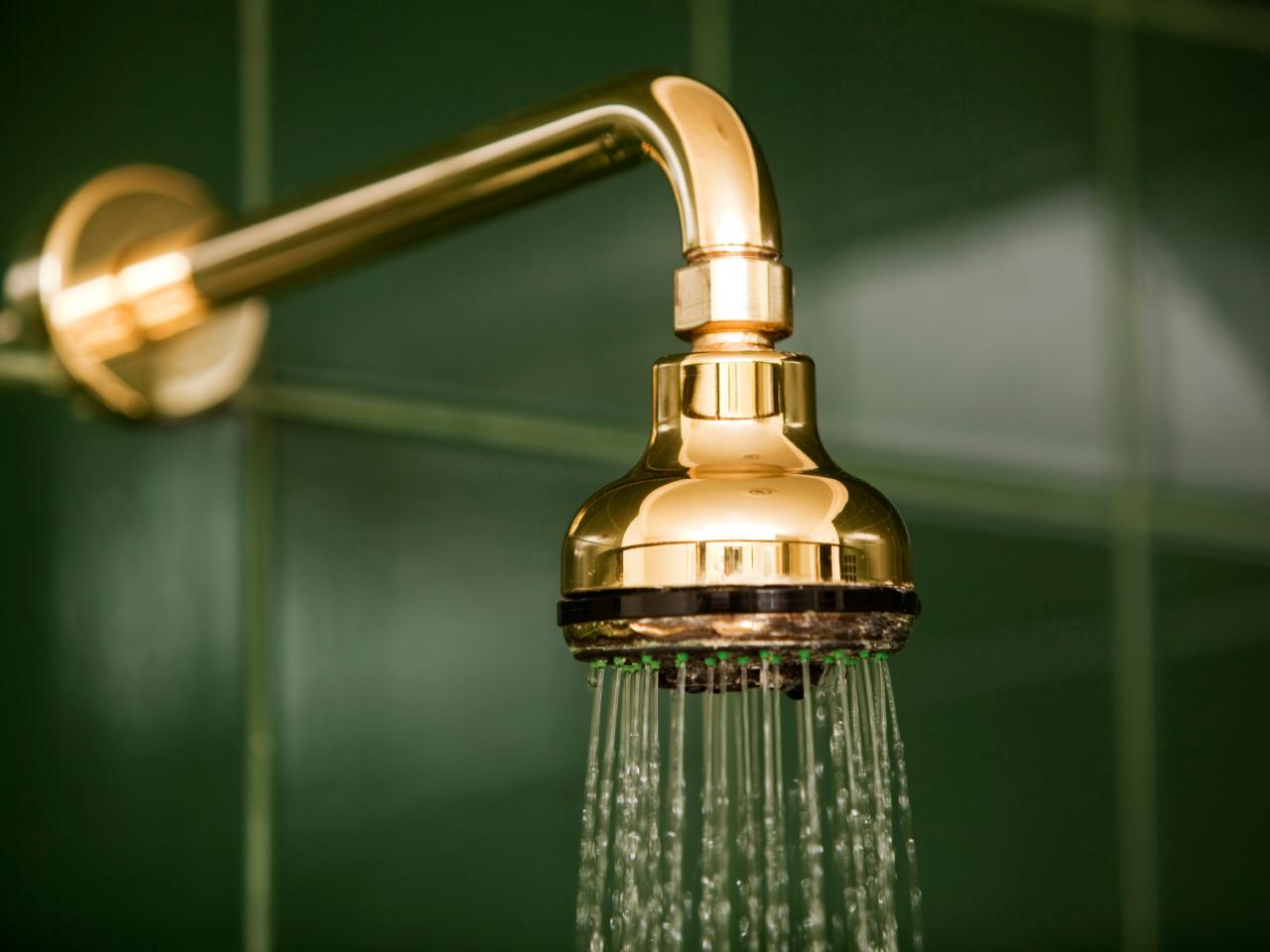
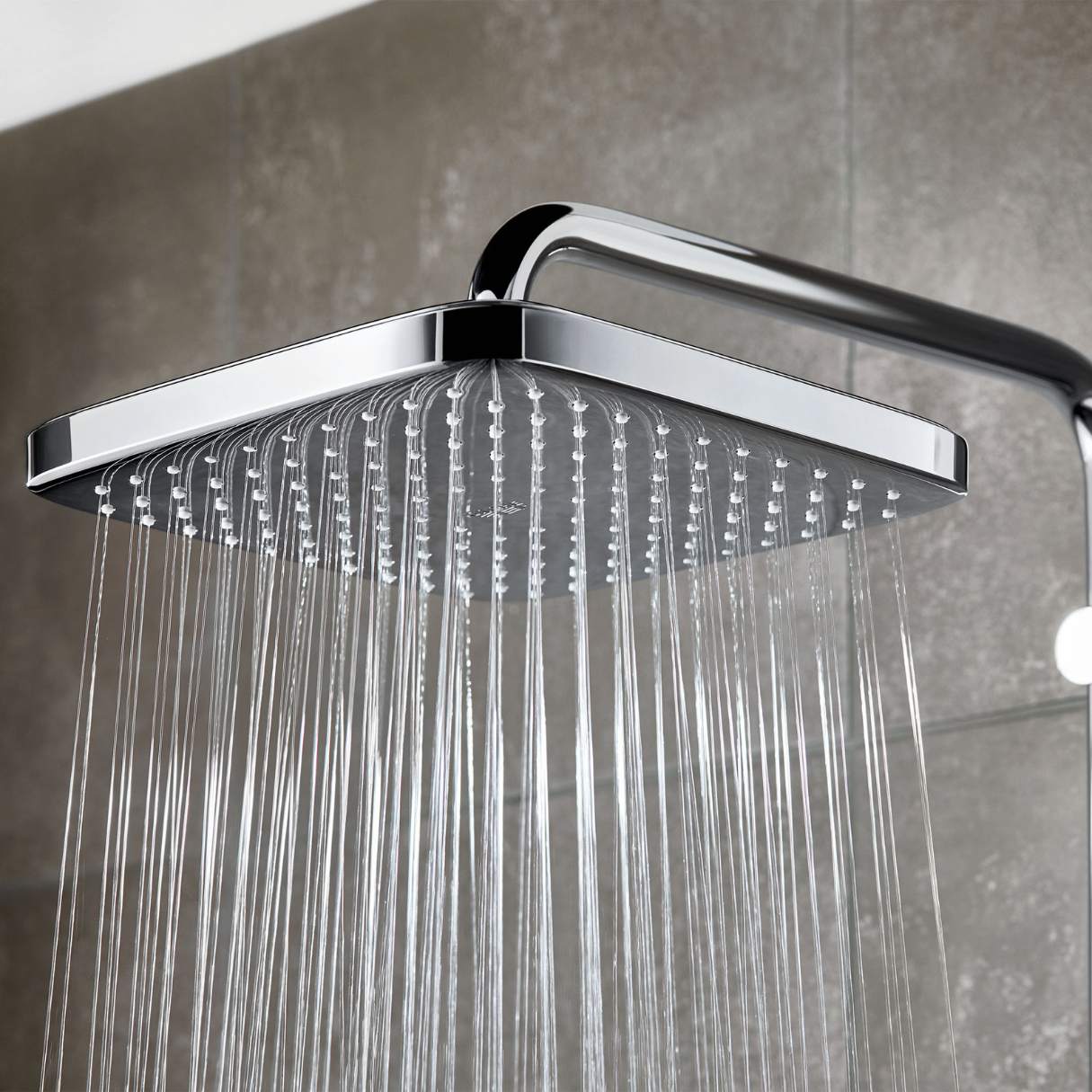
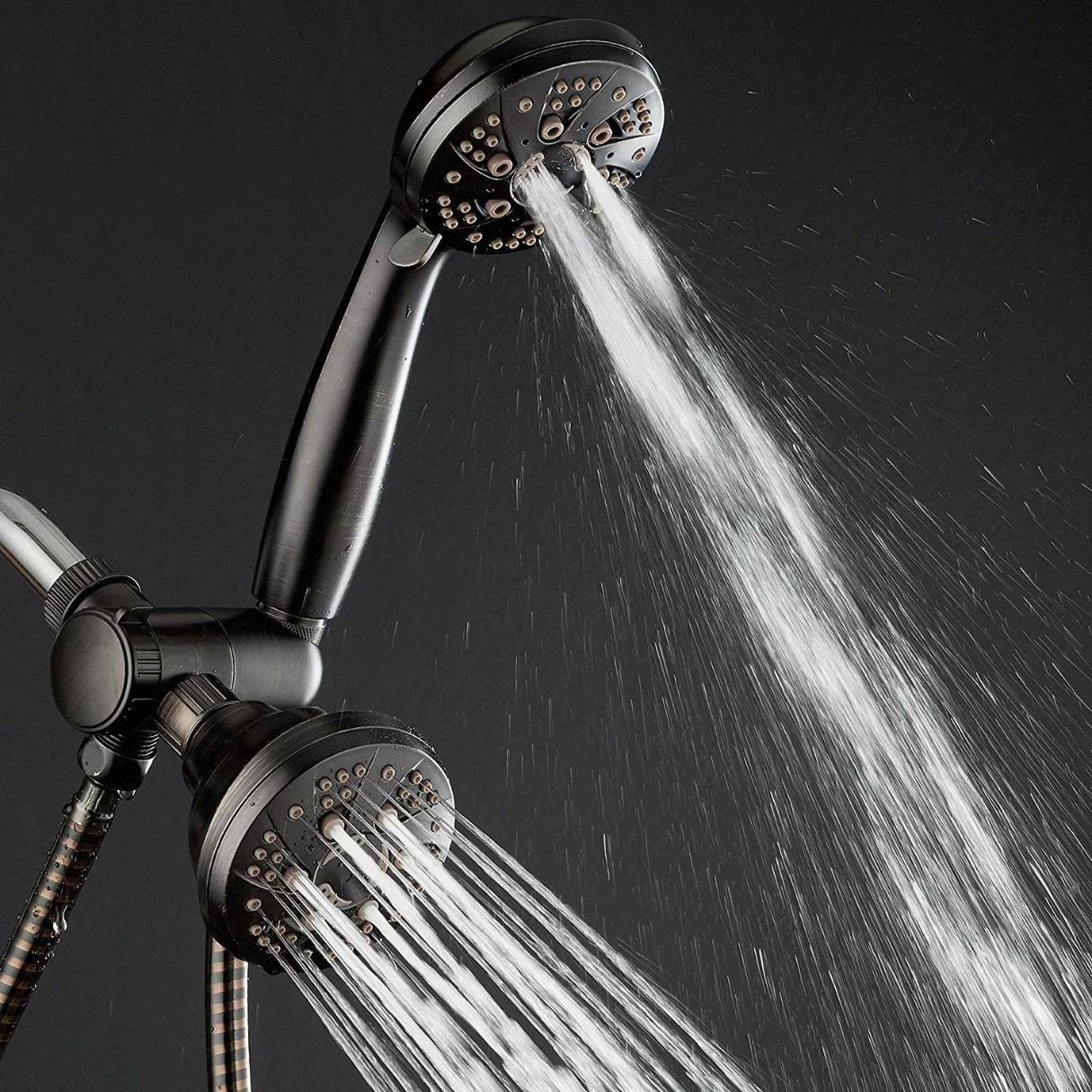
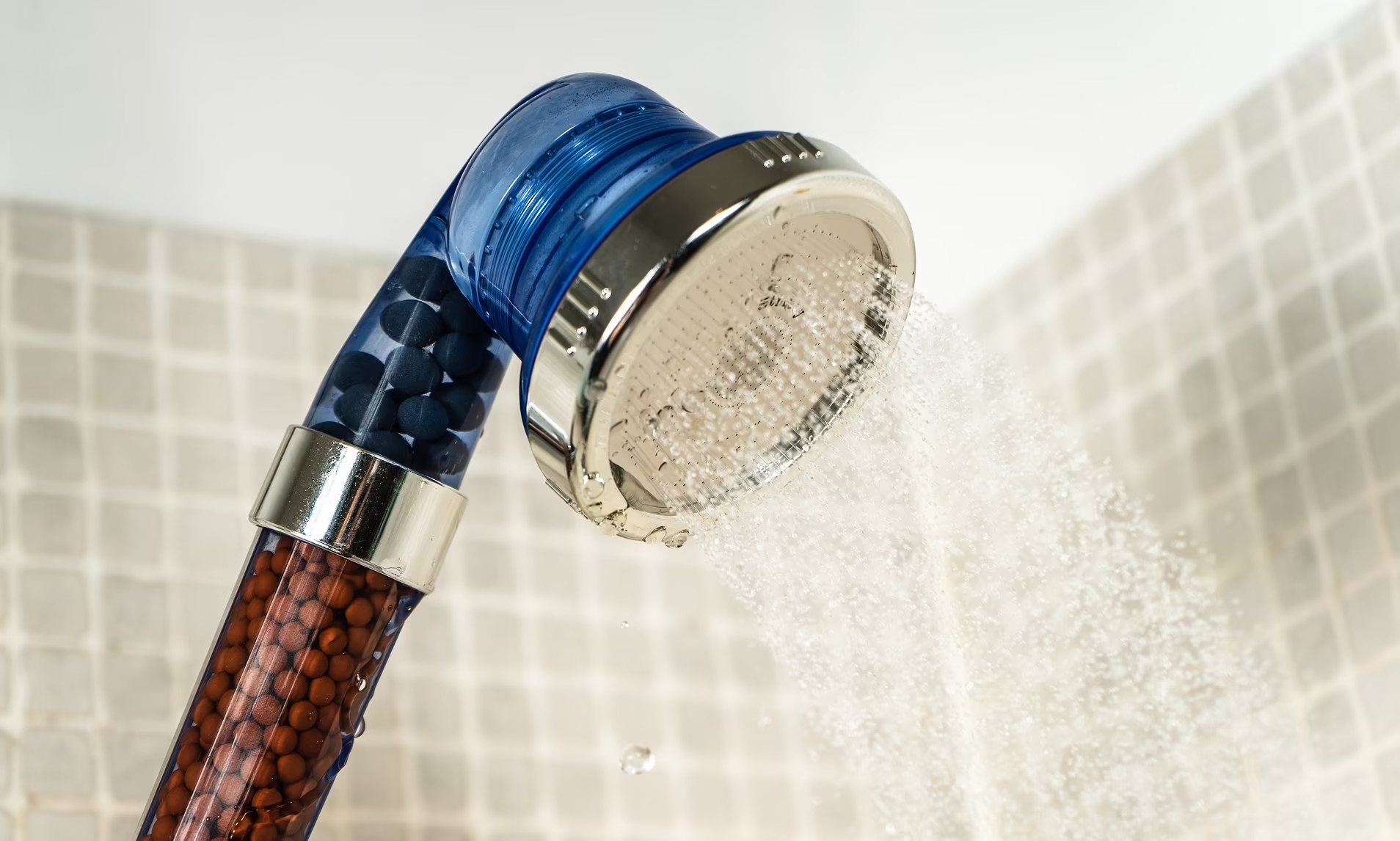
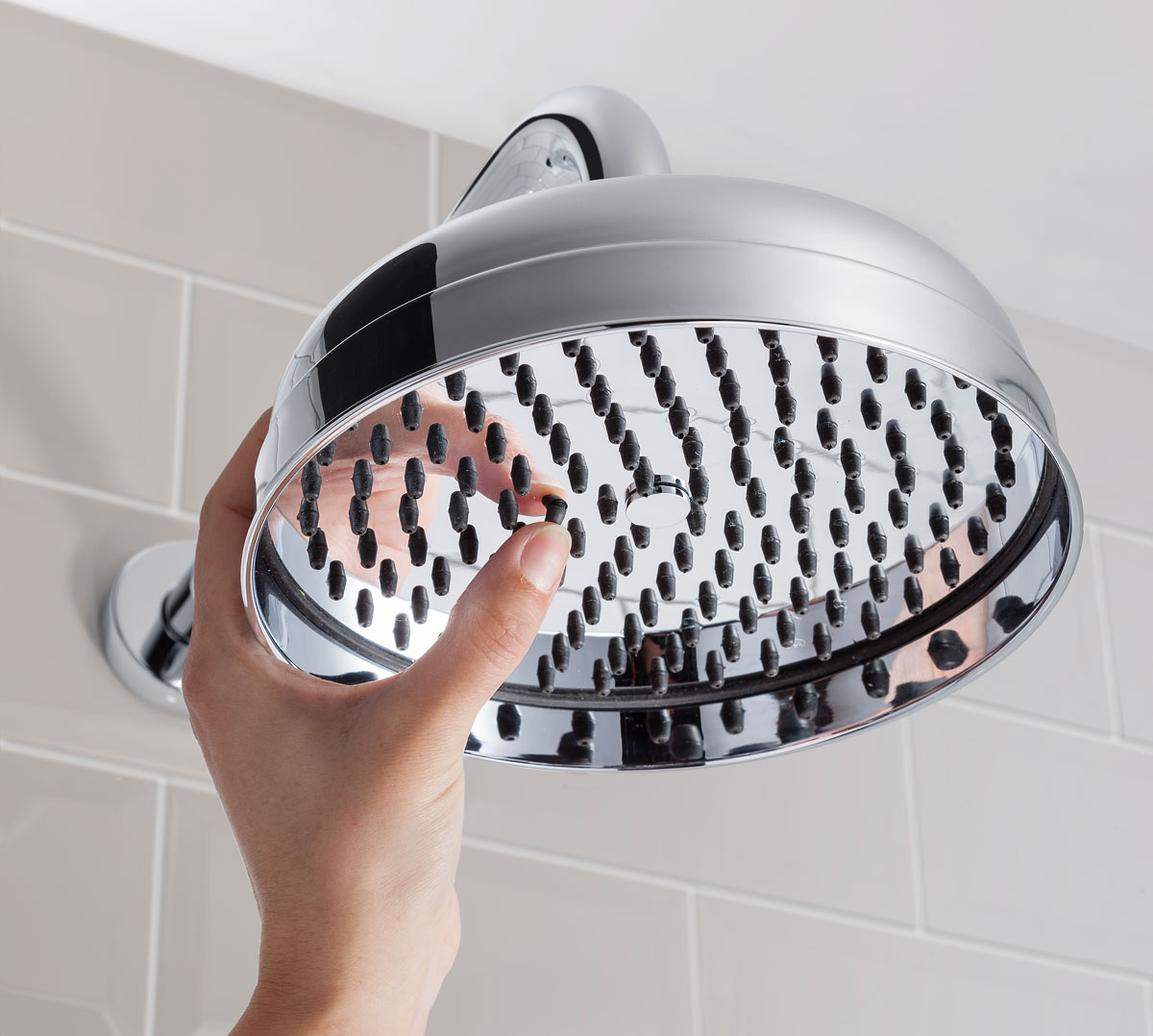
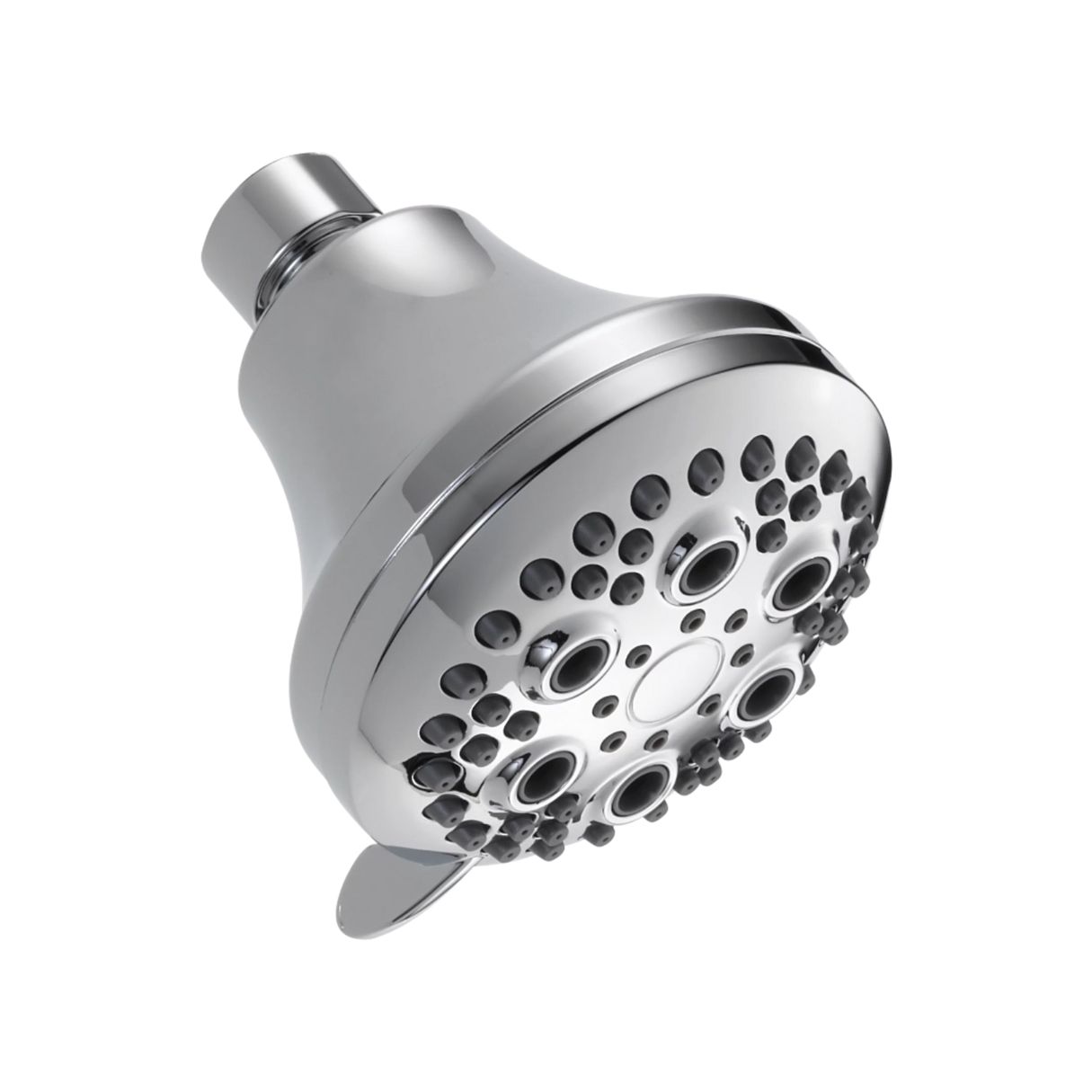
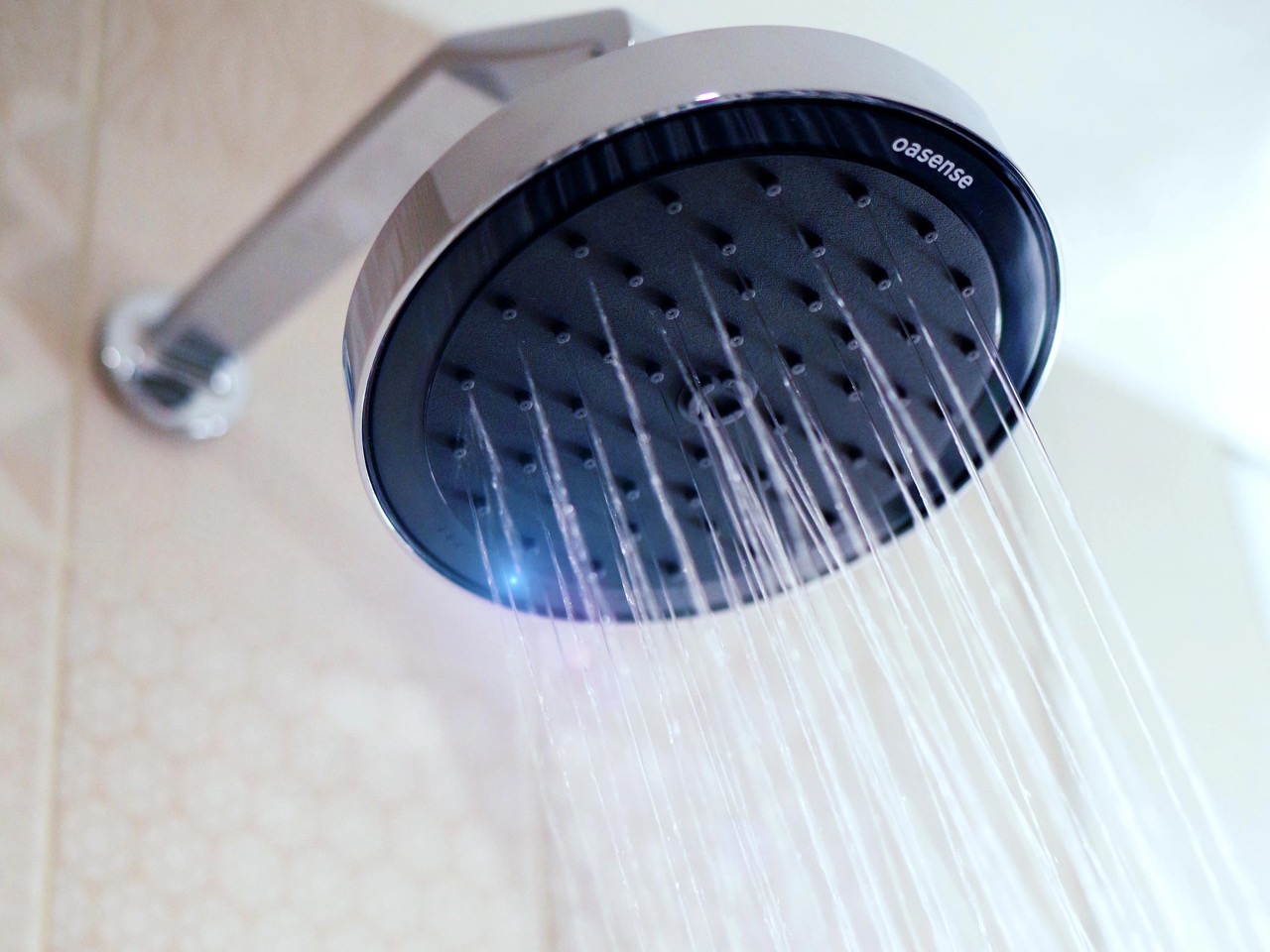
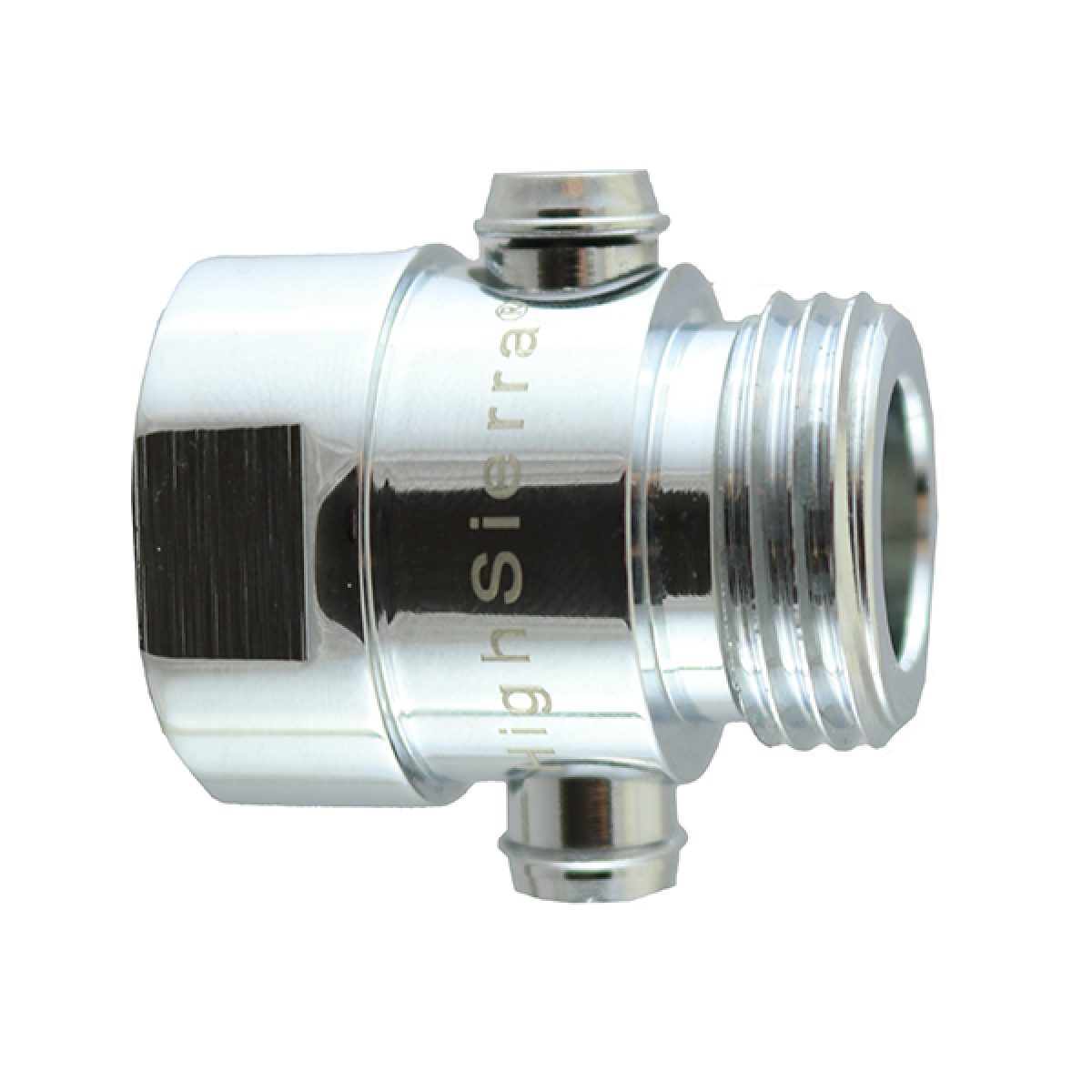

0 thoughts on “What Is A Showerhead Filter”